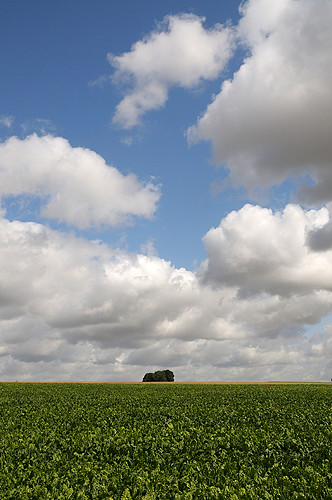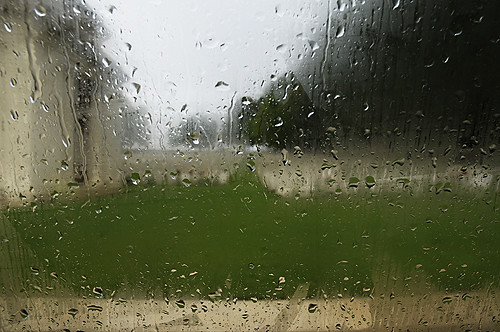
Almost a year ago, my brother and me took a trip to France to see where our Uncle Joe was wounded in WW1. Joe was with the 15th Durham Light Infantry, which on the 24th of August 1918 was one of three Northern battalions given the job of taking hill 135 south of the village of Miraumont. If you've ever been to that region, you'll appreciate that 'hill' is a highly relative term, but presumably on that day it had some sort of tactical significance.
My early research led me to assume that Miraumont was where Joe was injured ('Gun Shot Wound, Neck, Mild', as his army records put it). I've been doing a lot more digging, and late last year I was able to visit the National Archives to see a first-generation microfiche of his records, where the faint marks discernible on the internet were revealed to hold much more detail. Joe had in fact been repatriated on 15th October 1918, which makes it much more likely that he'd been wounded during the Durhams later actions at the Beaurevoir line near the village of Malincourt. On the 8th October, The DLI incurred 140 wounded, 24 killed and 49 missing taking their objective of Chateau Des Angles, which housed a lethally stubborn machine gun. Another possibility is that he was injured earlier on the 6th of October during the attack on Montecouvez Farm. Chateau Des Angles seems to have been pulverised into extinction, but Montecouvez Farm is now a pleasing complex of eco-gites
Despite the assessment of his injuries, Joe spent three and a half months in Millbank Hospital, London, so it's a safe bet that his wound was anything but 'mild'. What he was doing on the Armistice we'll never know, but I bet he was glad to get back to the quiet life of an apprentice joiner.

Joe's daughter recently told my dad that when Joe copped it, his friend next to him was killed. Intriguingly, on the 6th of October another Keighley lad in the 15th DLI was killed. His name was Smith Clayton, a rifle bomber like Joe. 21 year old Smith had been in France only a few weeks - Is it fanciful to think that when Smith joined his new battalion he made a friend from his home town with the same combat trade?

1 comment:
WW2 is interesting; WW1 is deeper still. I can understand your interest because, although I had no relations that I know of in that conflict,I still feel the sense of history whenever I visit that region. One of the many places that I found hugely atmospheric was Belleau Wood - this was a proper hill and the trenches are still there - less than six feet apart in places. Frightening.
Post a Comment